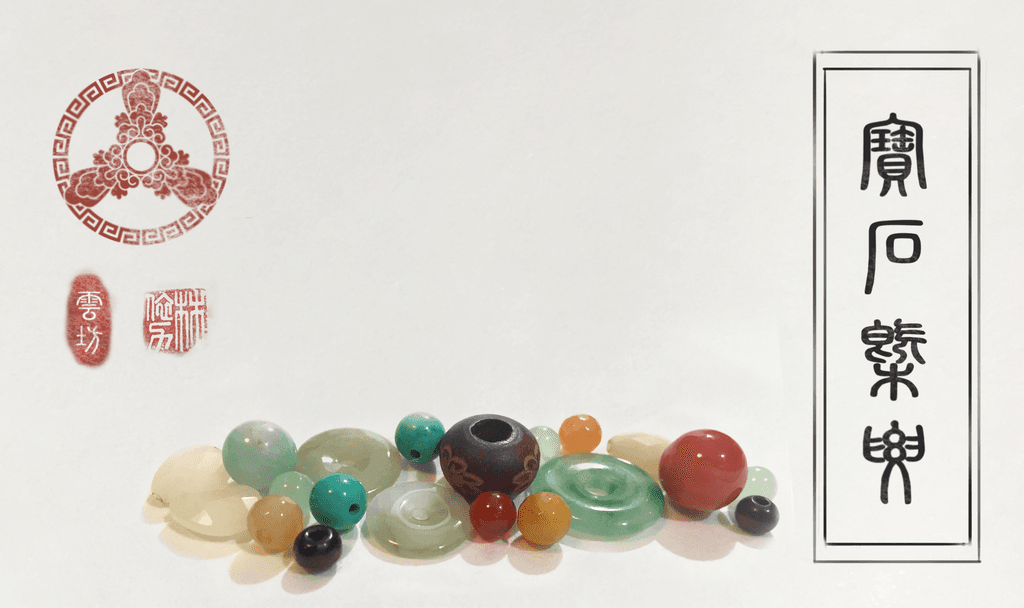NEW YORK—Dr. Glen Z. Brooks lost his son in 1999 when the 18-year-old committed suicide, while suffering depression.
After the initial shock and his own depression that followed, Brooks began looking into depression treatments that could have saved his son.
Through his research, Brooks found ketamine.
Ketamine, a general anesthetic administered intravenously or intramuscularly, was first used by the U.S. military during the Vietnam war. It is now widely used in veterinary clinics as an FDA-approved anesthetic. It has also become a problem as a recreational drug among young people called “Special-K.”
Used in small, subanesthetic doses, though, ketamine has been found effective in treating neurological pain and mood disorders.
A recently published study concluded ketamine is an effective treatment for severe and drug-resistant depression.
The study looked at 72 patients who had previously failed to respond to at least two medications.
“After 24 hours, the response rate was 63.8 percent in the ketamine group compared to 28 percent in the placebo group,” read a press release from Mt. Sinai Hospital, where the study was conducted. “The response to ketamine was durable after seven days, with a 45.7 percent response in the ketamine group versus 18.2 percent in the placebo group.”
For long-suffering patients of severe depression, ketamine may represent a new hope. The drug has been known for about 50 years, so why we are hearing about its use for depression only now?
“The reason it’s not more popular is that there’s nobody around to do it,” said Brooks, one of a few doctors in the country who administer ketamine for depression. “Psychiatrists don’t touch people. Most of them haven’t touched an IV line since medical school, nor are their offices set up for it [intravenous infusions].
“The only people who are comfortable with ketamine are anesthesiologists like me. And the number of anesthesiologists interested in treating psychiatric patients in the city of New York, you can count on one hand.”
Now Brooks, trained as an anesthesiologist, runs a private practice in New York City dedicated to ketamine infusions for depression and neurological pain.
Because of ketamine’s efficacy on severe depression including post-partum and bi-polar depression, Brooks started getting calls from psychiatrists in the city. The patients referred to him tend to be “treatment resistant,” meaning they have tried all the conventional therapies with little improvement.
Brooks estimates that after ketamine infusions, 50 percent of his patients experience dramatic improvement in mood, 25 percent experience significant improvement, and another 25 percent don’t respond at all.
Ketamine can cause hallucinations, temporary dizziness, nausea and vomiting, according to multiple health sources.
A Different Healing Mechanism
About one in 10 Americans takes an antidepressant, now the most commonly prescribed type of drug in the U.S., according to research published in 2009 in the Archives of General Psychiatry.
Ketamine is seen as a viable solution when antidepressants fail to work.
In 2011, the journal “Nature” reported that “depressed patients report the alleviation of major depressive disorder symptoms within two hours of a single, low-dose intravenous infusion of ketamine, with effects lasting up to two weeks, unlike traditional antidepressants (serotonin re-uptake inhibitors), which take weeks to reach efficacy.”
Ketamine acts on repairing the brain’s structures rather than regulating the supply of neurotransmitters as antidepressants typically do.
“You have to think of depression and post-traumatic stress and even extreme anxiety in terms of brain damage,” Brooks said. “There are many parts of the brain that need to communicate with each other for normal mentation. The brain damage is associated with depression, post-traumatic stress, and anxiety, is a result of the loss of communication between these various brain centers.”
While it’s unclear how the brain damage initially occurs, it is usually sparked by some emotionally traumatic event in the patient’s life.
“Pretty much all the medication people take for depression have an effect on the neurotransmitters that go back and forth between different parts of the brain, so you can increase the neurotransmitters but you’re not really repairing the brain damage.”
In contrast, ketamine works on the receptors, promotes the growth of the synapses, and lets the brain heal itself, reversing the structural causes of depression, according to Brooks. Because of these associations with neuroplasticity, researchers are beginning to look into the effect of ketamine on Alzheimer’s.






